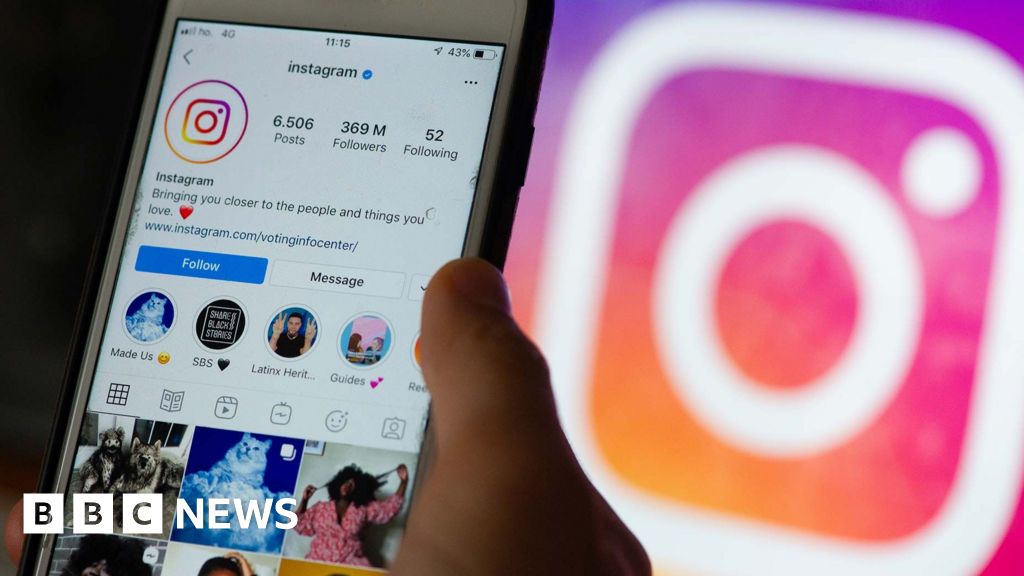Google's New App Policy Sparks Controversy

Introduction
Starting next year, Google will be implementing a new policy that will block the sideloading of unverified Android apps. This decision has sparked controversy as some see it as a way to control the app market, while Google says it's simply a necessary security measure.
Why the Change?
Google's reasoning behind this policy is to prevent the spread of malicious apps that can harm users' devices. With the rise of cybercrime and hacking, Google believes that this is a necessary step to protect their users. This is no different than the security measures in airports, where IDs are checked to ensure safety. In this case, Google is acting as the "airport security" for their users' devices.
Impact on Developers
This policy will also have an impact on app developers who will now need to go through Google's verification process before their apps can be made available for download. This may add an extra step and potentially delay the release of new apps, but it's a necessary measure to ensure the safety of users. It's also a reminder for developers to always prioritize security in their app development process.
About the Organizations Mentioned
Google, a subsidiary of Alphabet Inc., is a global technology leader primarily known for its internet-related products and services, including its dominant search engine, advertising platforms, cloud computing, software, and hardware offerings. Founded in 1998 by Larry Page and Sergey Brin, Google has evolved from a simple search engine into a diversified tech giant with significant influence across multiple sectors[2][8]. The company’s core business revolves around Google Services, which includes Search, YouTube, Android, Chrome, Google Maps, Google Play, and advertising. Its advertising business remains the largest revenue driver, underpinning ambitious investments in emerging technologies such as artificial intelligence (AI) and cloud computing. Google Cloud, a major growth segment, offers infrastructure, platform services, and enterprise tools like Google Workspace, providing AI-powered solutions for data analytics, cybersecurity, and collaboration[2]. Google has consistently pioneered innovations in AI, demonstrated recently at Google I/O 2025, where it showcased advances in AI-powered search and personalization, emphasizing local discovery and smarter user experiences. AI integration also reshapes local business visibility through enhancements in the Google Business Profile, enabling businesses to better engage customers with AI-driven communication and search optimization[3][5][6]. Financially, Alphabet crossed a landmark $3 trillion market capitalization in September 2025, joining a select group of tech giants due to robust revenue growth driven by AI, resilient advertising, and expanding cloud services. This milestone reflects Google’s strategic balance between its dominant ads engine and scaling innovative bets[1]. Culturally, Google in 2025 maintains its commitment to innovation, openness, and user focus while adapting to business realities. It remains a top employer, known for fostering employee empowerment and evolving workplace policies to attract and retain talent, marking its maturity as a global tech leader with over 150,000 employees[4]. In summary, Google represents a transformative force in technology and business, blending AI-driven innovation, dominant market presence, and cultural adaptability to shap











